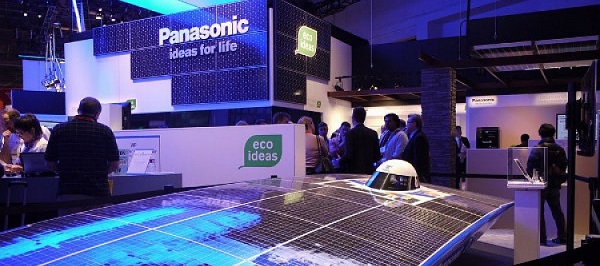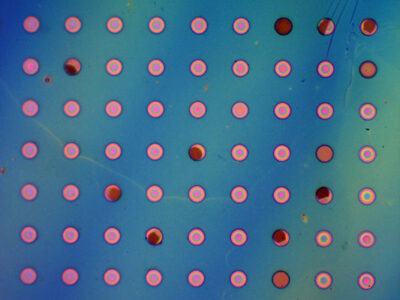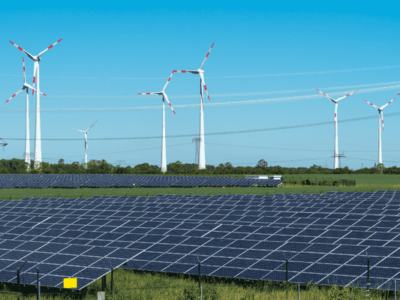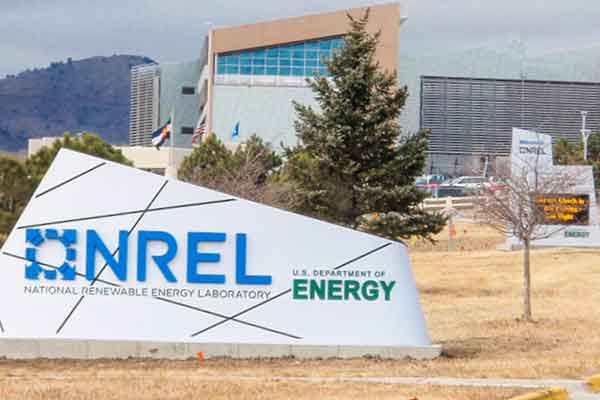Panasonic Corporation announced on March 2nd that it has achieved a photovoltaic Module conversion efficiency of 23.8% (aperture area: 11,562 cm2) at research level, a major increase over the previous world record for crystalline silicon-based photovoltaic modules.
Panasonic has broken the record for the world highest conversion efficiency by a full percentage point. The previous record for the conversion efficiency of a crystalline silicon-based photovoltaic Module was 22.8% .
Panasonic had announced a world’s highest conversion efficiency of 25.6% in its silicon heterojunction cells in April 2014.
Herewith, Panasonic holds the world records of conversion efficiency for both crystalline silicon-based solar cells and modules.
The company developed a unique silicon heterojunction structure composed of crystalline silicon substrate and amorphous silicon layers, and has continuously improved its photovoltaic Module HIT using silicon heterojunction since the start of commercial production.
This new record was achieved by further development of Panasonic‘s proprietary heterojunction technology for high-efficiency solar cells and modules adopting a back-contact solar cell structure.
Going forward, Panasonic will continue to pursue technology development of its photovoltaic Module HIT, aimed at realizing higher efficiency, higher reliability and lower costs, and will work towards mass production.












Comments